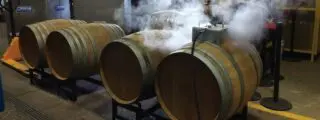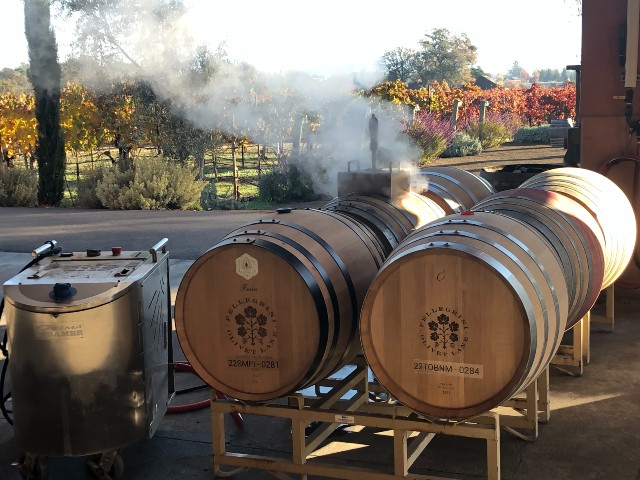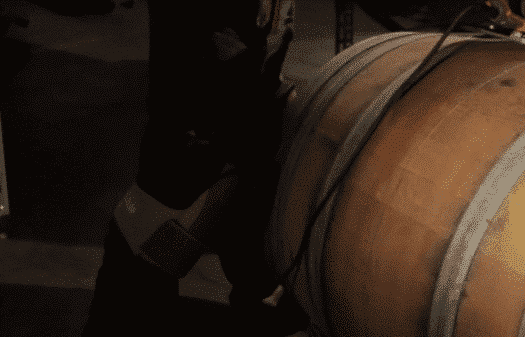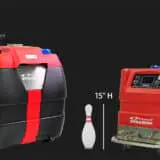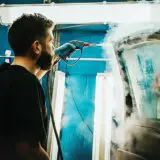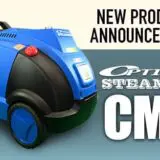Grainger Customers, Corporate, Group & Government Buyers - Learn about Wholesale Purchasing
-
Need Help? Get Support
-
Phone: 844-877-8326
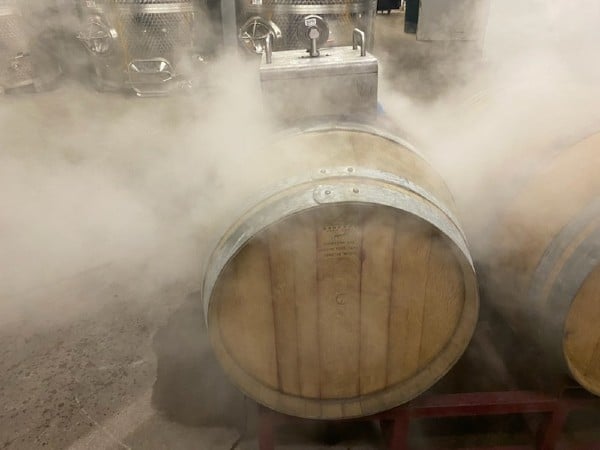
Winemakers in the Growing New York Finger Lakes Region Embrace Steam for Cellar Sanitation
California wine country is a frequent focus of articles on the industry, but many other regions in the United States have their unique charm and challenges. One of these is the Finger Lakes, where eleven long, narrow lakes mitigate the harsh upstate NY weather, creating an attractive climate for growing cool-weather grapes.
“Wine is a booming industry here and getting bigger,” says Peter Becraft, Chief Winemaker at Anthony Road Wine Company, which lies along the shores of the 600-foot-deep Seneca Lake. “New York pulls in $3 billion alone.”
Becraft’s stint as winemaker for Anthony Road began in 2006, 2 years after John and Ann Martini started growing grapes there. The Finger Lakes’ short 90-100 day growing season limits grape growers to varietals that do not bud too early in case of a late spring frost but ripen quickly enough to be ready to pick before autumn frosts. Aromatic white grape varietals that do well in Germany, Austria and France thrive here, such as Gewürztraminer, Riesling and Vidal Blanc, creating higher acid, lower tannin wines.
So, it’s no surprise that the lead winemaker was from Germany when Becraft joined Anthony Road. He often shared anecdotes about making wine there, including tales of the ultra-sanitation and efficiency of their steamers. Becraft was intrigued, particularly because the winery’s antiquated sprinkler system for cleaning barrels consumed too much water and time.
“When I took over in 2014, it was one of the first big ticket items I wanted,” says Becraft. “Our system required us to clean barrels throughout the day, and if we emptied 30 or 40 barrels, we would go through 150 gallons of water.”
When he saw the Optima Steamer at Unified Wine & Grape Symposium, and Steamericas told him the Schiller Corporation, which sells and services the Optima, was just down the road in Rochester, he was sold.

“It’s been one of the best purchases we’ve made,” he notes, “because it has multiple uses beyond just sanitizing barrels.”
That includes multiple attachments for sterilizing the tank before filling it and after fermentation, removing tartrates inside the tank without using chemicals and sterilizing the bottling line. These all save money and time.
“We had a big crawfish pot we boiled water in and cycled through the bottling line system,” he explains. “That took 1 ½ hours plus 2 hours for the takedown of getting wine into the bottling line system and then neutralizing. I’ve shaved an hour off that time, plus the steamer gets hotter than the 80 degrees Celcius we need.”
Becraft often recommends the Optima Steamer to other winemakers and even conducts demonstrations with Schiller at the winery. Paige Vinson is one winemaker who followed through on his recommendation and purchased an Optima Steamer last year for Casa Larga Vineyards, a 10-12,000 case winery outside Rochester.
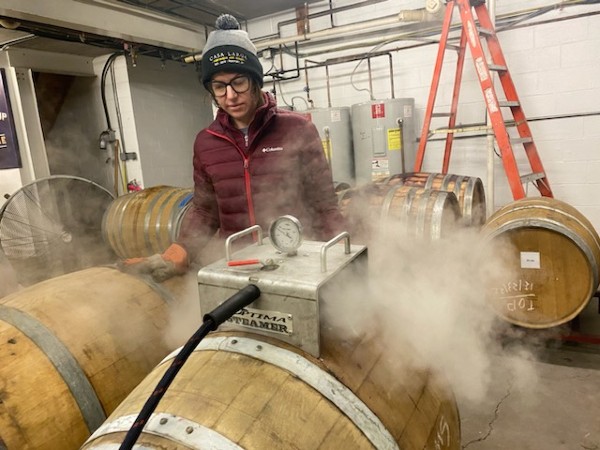
“I brought this steamer in to replace the one they had when I started here,” says Vinson, head winemaker at Casa Larga. “It was effective but quite old, so updating it was one of the first things I did. Peter Becraft spoke highly of the Optima,” and Pete Schiller is right around the corner. Having a local service provider for international equipment is essential. Plus, you’re supporting a local business.”
Vinson uses her Optima Steamer for everything from sanitizing tanks to steaming and sanitizing the bottling line, which she considers vital and the best method for bottling line sanitation. One of her main arguments for purchasing the Optima almost a year ago was revitalizing barrels left to dry by an earlier winemaker. She steamed 75 barrels for 15 minutes each, rejuvenating even the worst of them, and saved the winery the cost of new barrels at $700-$1100 plus shipping each.
“I’d recommend the Optima to other winemakers in a heartbeat,” Vinson exclaims, “especially since wineries are trying to be considerate of our environmental impact. I can steam and reach a level of sanitation with a fraction of the water that chemical cleaning would require. Most wineries operate with well water, but I’ve been at wineries where they ran the well dry. Plus, having something functional in so many areas is a huge asset. In a way, we’re just glorified janitors because our product’s quality depends on our cellars’ cleanliness.”
Winemakers interested in learning more about the Optima Steamer should stop by Peter J Schiller Corporation’s booth at B.E.V. NY 2023, March 28-30 in Syracuse, NY (bevny.org). Steamericas will also represent the Optima Steamer and other products at booth #334 at WiVi on March 29th in Paso Robles, CA (www.wivicentralcoast.com).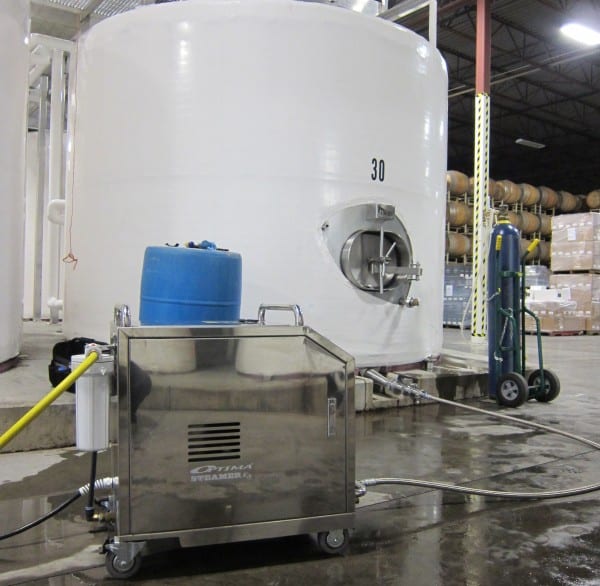
Originally posted on Wine Industry Advisor.
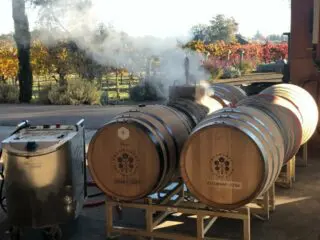
Previous Post
Steam Is a Better Clean for Barrels, Says Winemaker
Next Post
Opportunities on Tap—Cleaning Craft Breweries
